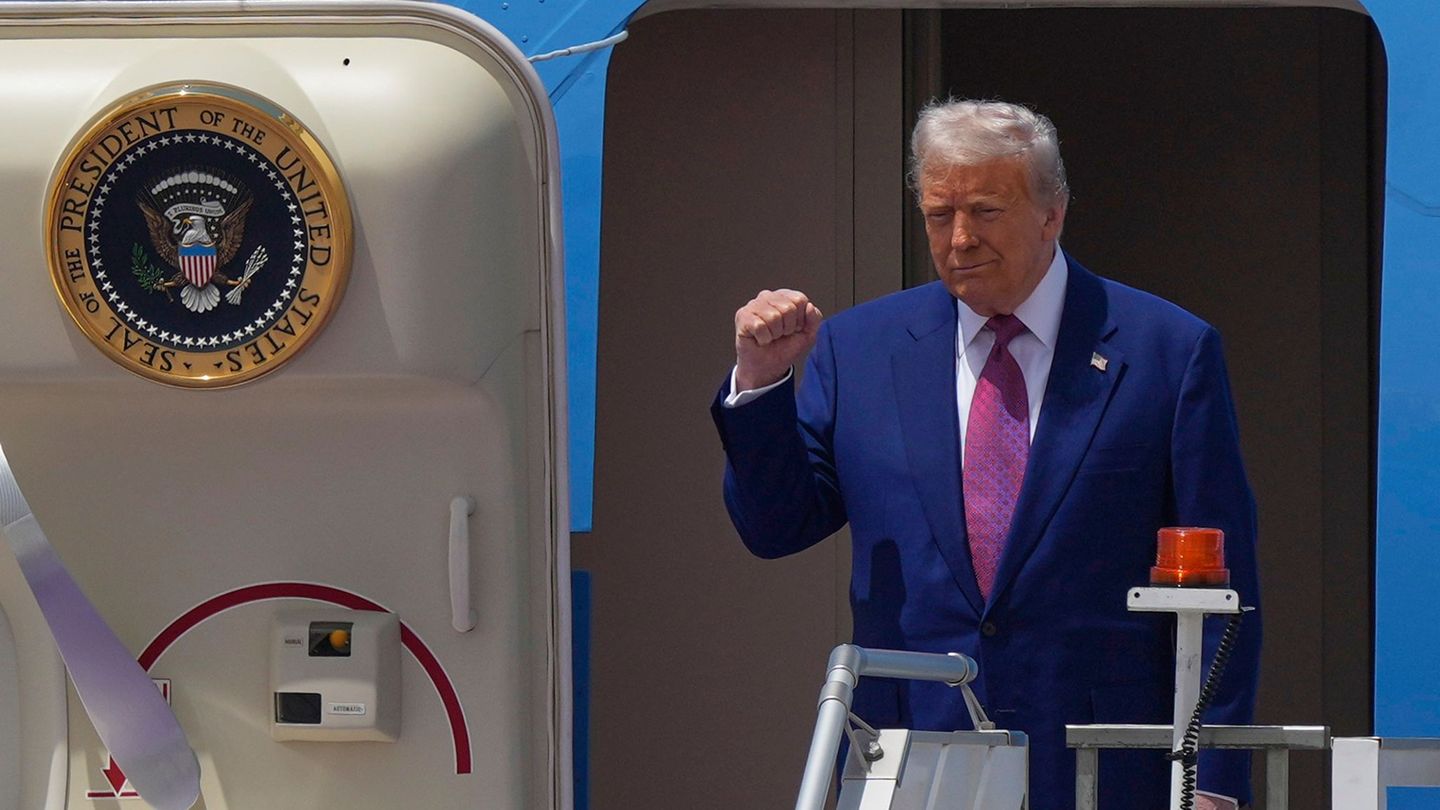The chemical giant is struggling with low capacity utilization and falling profits. It is not just the main plant in Ludwigshafen that is facing major changes – other plants could be closed.
The world’s largest chemical company, BASF, is battling high energy costs and weak economic development with a far-reaching restructuring. CEO Markus Kamieth wants to make the ailing chemical giant more profitable with a new strategy – and has announced painful messages for employees and shareholders. The main plant in Ludwigshafen is once again facing cuts: more chemical plants could be closed, as BASF announced at the capital market day. At the same time, parts of the business are to be listed on the stock exchange or sold.
The new strategy envisages a stronger focus on the core business, as Kamieth, who has been in office since April, explained. In addition, loss-making companies are to be sold off and the austerity program continued. But it is not just the 112,000 employees worldwide who are facing tougher times, shareholders are also having to pay the price – the dividend at BASF is being cut for the first time since 2010. Kamieth also announced flatter hierarchies and less bureaucracy.
The IG BCE union criticized the strategy as one-sided. “Cutting down facilities, cutting jobs and taking baby steps towards transformation: for the world’s largest chemical company, this is not a sufficient concept,” said Michael Vassiliadis, chairman of IG BCE and BASF supervisory board member. The works council called for the exclusion of redundancies for operational reasons to be extended from the end of 2025 to 2030. “The many austerity programs make employees feel powerless,” said works council chairman Sinischa Horvat.
Closure of further chemical plants possible
The focus is particularly on the ailing main plant in Ludwigshafen. Site manager Katja Scharpwinkel has not ruled out the closure of further chemical plants. The majority are competitive in their respective markets. “However, our results also show that individual plants and production lines are no longer generating sufficient returns due to a lack of competitiveness or structural underutilization.” Scharpwinkel predicted: “The Ludwigshafen site will be leaner but stronger.”
BASF had already announced a major cost-cutting program in 2022 due to weak business. This is intended to reduce annual costs by a total of 1.1 billion euros by the end of 2026. The plan is to cut around 3,300 jobs worldwide, including 700 jobs in production in Ludwigshafen. The closure of several chemical plants due to high energy prices was also decided, for example for ammonia and the plastics precursor TDI.
According to the latest savings program announced in February, additional annual cost savings of one billion euros are to be made at the main plant by the end of 2026. It is still unclear how many jobs will be lost there. In addition, the group will adapt its structures outside of production in Ludwigshafen and reduce costs, said Scharpwinkel.
Cuts for shareholders
BASF can no longer afford the comparatively generous dividend. The payout in the coming years is only expected to be at least 2.25 euros per share. For 2023, BASF had paid 3.40 euros per share. The dividend policy with at least constant or increasing payouts is a tradition at BASF and has been a strong argument for private shareholders for years. The dividend cut is understandable in the difficult environment and with large investment plans, says Arne Rautenberg, portfolio manager at the fund company Union Investment.
Concentration on core business
BASF now wants to focus more on core areas – the Chemicals, Materials, Industrial Solutions divisions and the business with food, pharmaceutical and cosmetics companies (“Nutrition & Care”). BASF believes it is the market leader in around 75 percent of these businesses.
Kamieth does not consider the agricultural division, battery materials, the coatings business with paints and the exhaust catalyst business to be part of the core business and is examining “active portfolio options” for them. The Dax group wants to take the agricultural division public, for example: the business is to be spun off into separate companies by 2027. In the medium term, a minority share in the division is to be listed on the stock exchange.
The split into core and independent units makes sense, even if it doesn’t change much at the moment, says portfolio manager Rautenberg, looking at the timeline.
Return to profit growth
The entire package of measures is intended to significantly increase operating profit again in the medium term. BASF has set the target that earnings before interest, taxes, depreciation and amortization (EBITDA) adjusted for special items should be between ten and twelve billion euros in 2028. By comparison: in 2023, BASF earned just under 7.7 billion euros from operations, almost 29 percent less than in the previous year.
Despite austerity measures, the chemical company continues to focus on green transformation for greater use of renewable energies and raw materials. By 2050, the company aims to achieve net-zero greenhouse gas emissions for production, energy purchasing and raw material procurement.
Source: Stern




